Home>Gardening & Outdoor>Outdoor Entertaining>How To Keep Ants Away At A Picnic
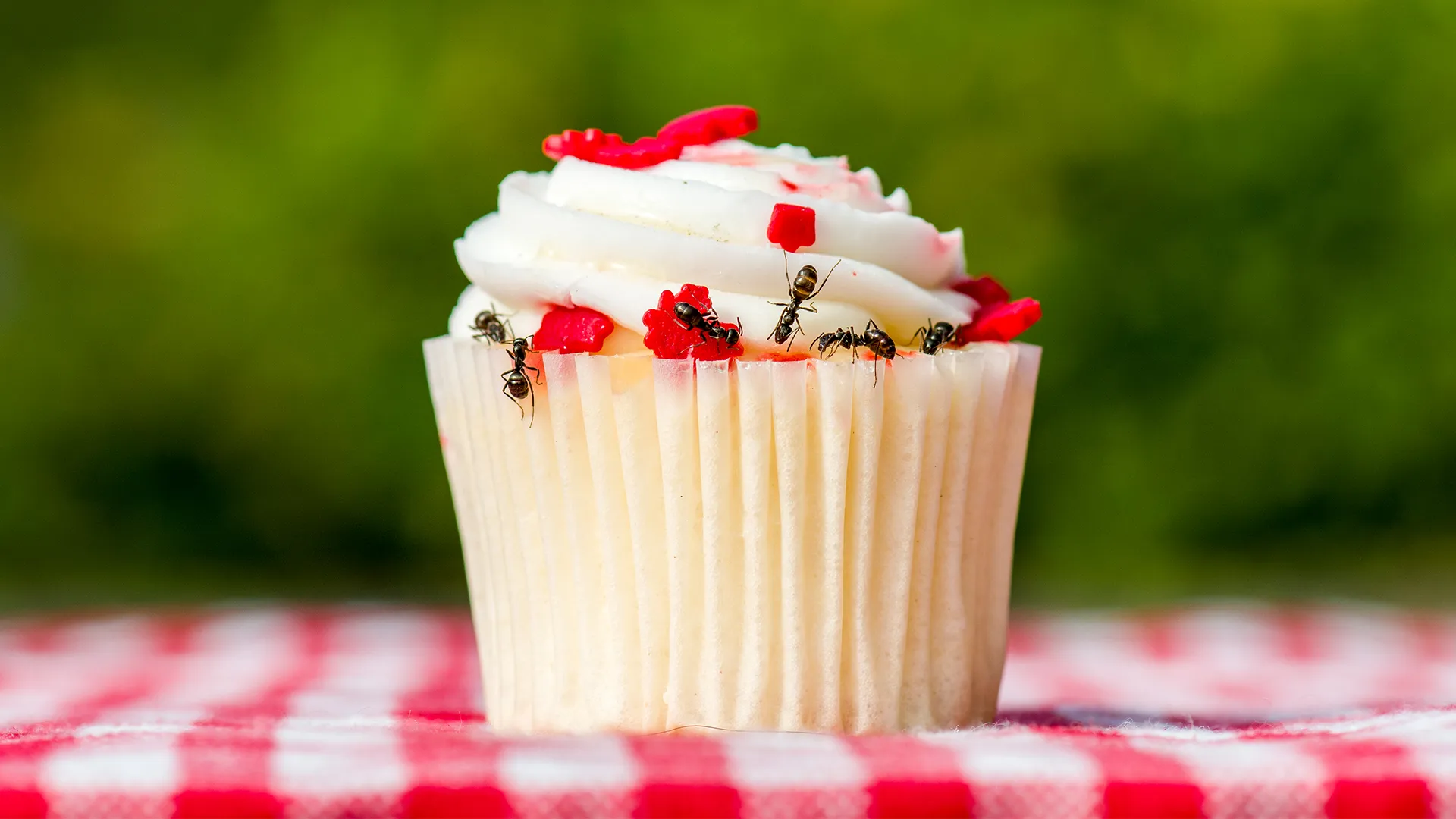

Outdoor Entertaining
How To Keep Ants Away At A Picnic
Modified: March 2, 2024
Learn effective outdoor entertaining tips to keep ants away at your picnic. Discover simple solutions for a hassle-free and enjoyable outdoor experience.
(Many of the links in this article redirect to a specific reviewed product. Your purchase of these products through affiliate links helps to generate commission for Storables.com, at no extra cost. Learn more)
Introduction
When planning a delightful outdoor picnic, the last thing you want to encounter is an uninvited army of ants marching towards your scrumptious spread. These persistent pests can quickly turn a pleasant gathering into a battle to safeguard your food and sanity. However, fear not! With a few simple strategies and a bit of understanding about ant behavior, you can enjoy a peaceful and ant-free picnic.
In this comprehensive guide, we will delve into the world of ants, gaining insights into their behavior and preferences. Armed with this knowledge, we will explore effective methods to prepare your picnic area, utilize natural deterrents, and ensure a thorough cleanup after the event. By the end of this journey, you will be equipped with the expertise to repel ants and savor every moment of your outdoor feasts. So, grab your picnic basket and let's embark on this adventure together!
Key Takeaways:
- Keep ants away from your picnic by choosing a location away from ant colonies, using natural deterrents like peppermint oil and citrus fruits, and cleaning up thoroughly after the event.
- Understanding ant behavior and using natural repellents can help you enjoy a peaceful and ant-free picnic, ensuring a delightful outdoor dining experience.
Read more: How To Keep Bugs Away From A Picnic
Understanding Ant Behavior
Before we can effectively deter ants from infiltrating our picnics, it’s essential to comprehend their behavior and motivations. Ants are highly organized insects that operate in colonies, each with a specific role to fulfill. They are primarily attracted to food sources and can detect even the smallest crumbs from a considerable distance.
Ants communicate through the release of pheromones, chemical signals that guide others to food and water. Once a scout ant discovers a potential food supply, it will return to the colony, leaving a trail of pheromones for its comrades to follow. This explains the sudden appearance of numerous ants seemingly out of nowhere.
Understanding this behavior is crucial for devising effective ant-repelling strategies. By disrupting their communication and making the picnic area less appealing, we can discourage ants from encroaching on our culinary delights. With this knowledge in mind, let’s explore the proactive measures we can take to thwart their advances and enjoy a hassle-free picnic.
Preparing the Picnic Area
Creating an inhospitable environment for ants is the first line of defense in safeguarding your picnic. Start by selecting a suitable location that is away from ant colonies, such as grassy areas or open spaces free from visible ant trails. Avoid setting up near stagnant water sources, fallen logs, or overhanging trees, as these can harbor ant nests.
Once you’ve chosen the perfect spot, it’s time to fortify your picnic area. Consider using a picnic blanket or tablecloth treated with a repellent solution, such as diluted peppermint or citrus essential oils. These natural scents act as deterrents, discouraging ants from venturing onto your dining surface.
Seal your food and beverages in airtight containers to minimize enticing odors and prevent ants from detecting their bounty. Opt for resealable containers or tightly wrapped packages to create an additional barrier against potential intruders. Furthermore, elevate your food items by placing them on a raised platform, such as a portable table or picnic stand, to further deter ants from reaching them.
Another effective tactic is to create a moat of sorts around your picnic area. Fill shallow containers with water and place the legs of your table or the corners of your picnic blanket in them. This acts as a natural barrier, as ants are unlikely to traverse the water to reach your food.
By implementing these preventative measures, you can significantly reduce the likelihood of ant interference and enjoy a serene and undisturbed picnic experience.
To keep ants away at a picnic, try placing your food and drinks in airtight containers or ziplock bags. Also, consider using a picnic blanket with a waterproof bottom to prevent ants from crawling up.
Using Natural Deterrents
Harnessing the power of nature’s own repellents can be a highly effective strategy in deterring ants from infiltrating your picnic. The aromatic properties of certain herbs and spices are known to repel ants while enhancing the ambiance of your outdoor gathering.
One potent natural deterrent is peppermint oil. Dilute a few drops of peppermint essential oil in water and transfer the solution to a spray bottle. Lightly mist the perimeter of your picnic area and any entry points, such as table legs or ground contact points. The refreshing scent of peppermint acts as a powerful ant repellent, creating an invisible barrier that discourages their approach.
Citrus fruits, particularly lemons and oranges, can also serve as effective ant deterrents. Consider placing citrus peels strategically around your picnic area or rubbing them directly onto surfaces to impart their natural oils. Not only will this impart a delightful citrus aroma, but it will also repel ants with their strong scent.
Cinnamon is another natural substance that ants find displeasing. Sprinkle a fine line of ground cinnamon around your picnic area to create a barrier that ants are reluctant to cross. Additionally, cloves and bay leaves emit odors that ants find offensive, making them valuable allies in your quest to keep ants at bay.
For an added layer of protection, consider setting up small containers of dried herbs, such as sage, thyme, or rosemary, near your dining area. The aromatic oils released by these herbs act as natural repellents, enhancing the ambiance of your picnic while deterring unwanted ant visitors.
By incorporating these natural deterrents into your picnic preparation, you can create an environment that is unappealing to ants while infusing your outdoor gathering with delightful fragrances and flavors.
Cleaning Up After the Picnic
Once the delightful picnic festivities have concluded, it’s crucial to conduct a thorough cleanup to minimize the risk of attracting ants and other pests. Promptly remove any remaining food and beverage items from the picnic area, ensuring that no crumbs or spills are left behind. Place leftovers in sealed containers and dispose of any waste in designated bins.
After clearing the food items, focus on cleaning the surfaces and utensils used during the picnic. Wipe down tables, picnic blankets, and any food preparation areas with a mild solution of water and vinegar. This not only eliminates food residues but also erases any lingering scent trails that may attract ants.
If disposable plates, cups, or utensils were used, gather and dispose of them in a sealed trash bag. Double-check the surrounding area for any overlooked items, such as napkins or wrappers, and ensure they are properly discarded. Leaving no trace of food or waste behind is crucial in preventing future ant infestations.
Following the cleanup, consider spraying the picnic area with a solution of water and essential oils known for their ant-repelling properties, such as peppermint or citrus oils. This final touch serves as a proactive measure to deter ants from returning to the location.
As a finishing touch, perform a visual inspection of the picnic area to identify and address any potential entry points for ants. Seal cracks in picnic tables, repair tears in picnic blankets, and address any other vulnerabilities that could serve as access points for pests. By fortifying the picnic area and eliminating potential attractants, you can significantly reduce the likelihood of future ant disturbances.
By diligently adhering to these post-picnic cleanup practices, you can effectively minimize the risk of attracting ants and other pests, ensuring that your outdoor dining experiences remain delightful and free from unwelcome intruders.
Read more: How To Keep Flies Away From Picnic
Conclusion
Embarking on a picnic amidst nature’s splendor is a cherished pastime, offering a delightful escape from the hustle and bustle of everyday life. By understanding the behavior of ants and implementing strategic measures, you can ensure that your outdoor feasts remain undisturbed by these persistent pests.
Throughout this guide, we’ve explored the intricacies of ant behavior, learning how they communicate, forage, and seek out food sources. Armed with this knowledge, we’ve discovered practical approaches to prepare the picnic area, utilizing natural deterrents and conducting a thorough cleanup after the event.
By carefully selecting a picnic location, fortifying the dining area, and employing natural deterrents such as peppermint oil, citrus fruits, and aromatic herbs, you can create an environment that is uninviting to ants. Additionally, the meticulous cleanup and proactive measures to fortify the picnic area serve as essential steps in preventing future ant disturbances.
Ultimately, the goal is to savor every moment of your outdoor gatherings, free from the intrusion of ants and other pests. By incorporating these strategies into your picnic preparations, you can create a serene and inviting atmosphere, allowing you to relish the company of loved ones and the delights of al fresco dining.
So, as you plan your next outdoor escapade, armed with the knowledge and techniques shared in this guide, rest assured that you can outsmart the ants and revel in the simple pleasures of a peaceful and ant-free picnic.
Frequently Asked Questions about How To Keep Ants Away At A Picnic
Was this page helpful?
At Storables.com, we guarantee accurate and reliable information. Our content, validated by Expert Board Contributors, is crafted following stringent Editorial Policies. We're committed to providing you with well-researched, expert-backed insights for all your informational needs.
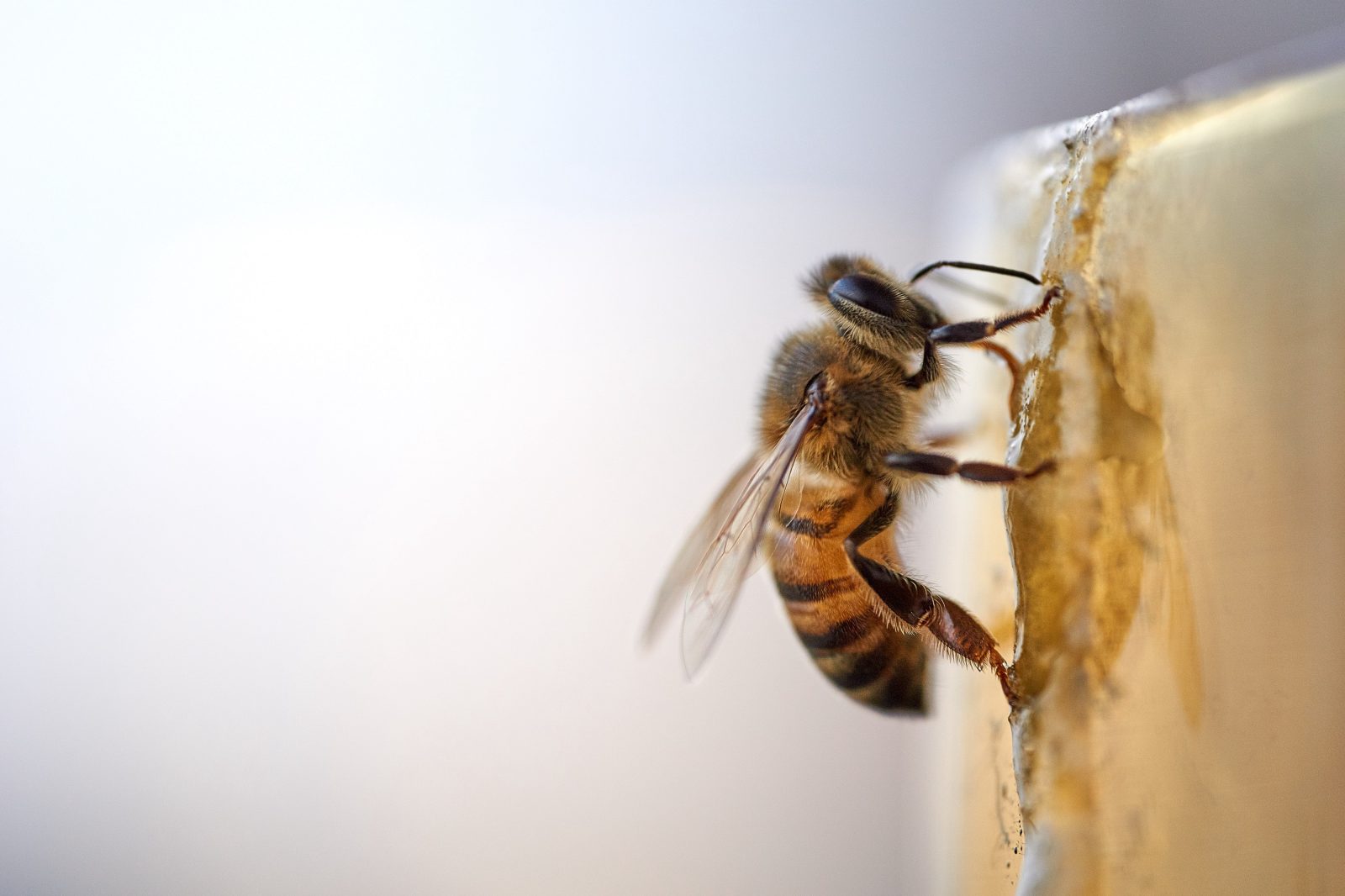
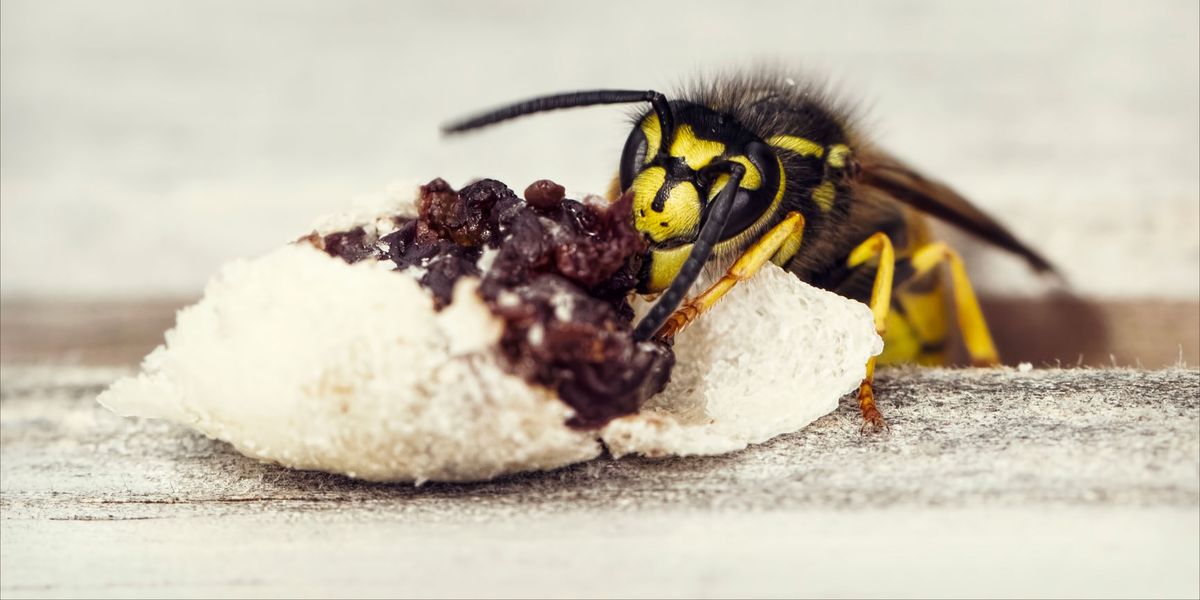
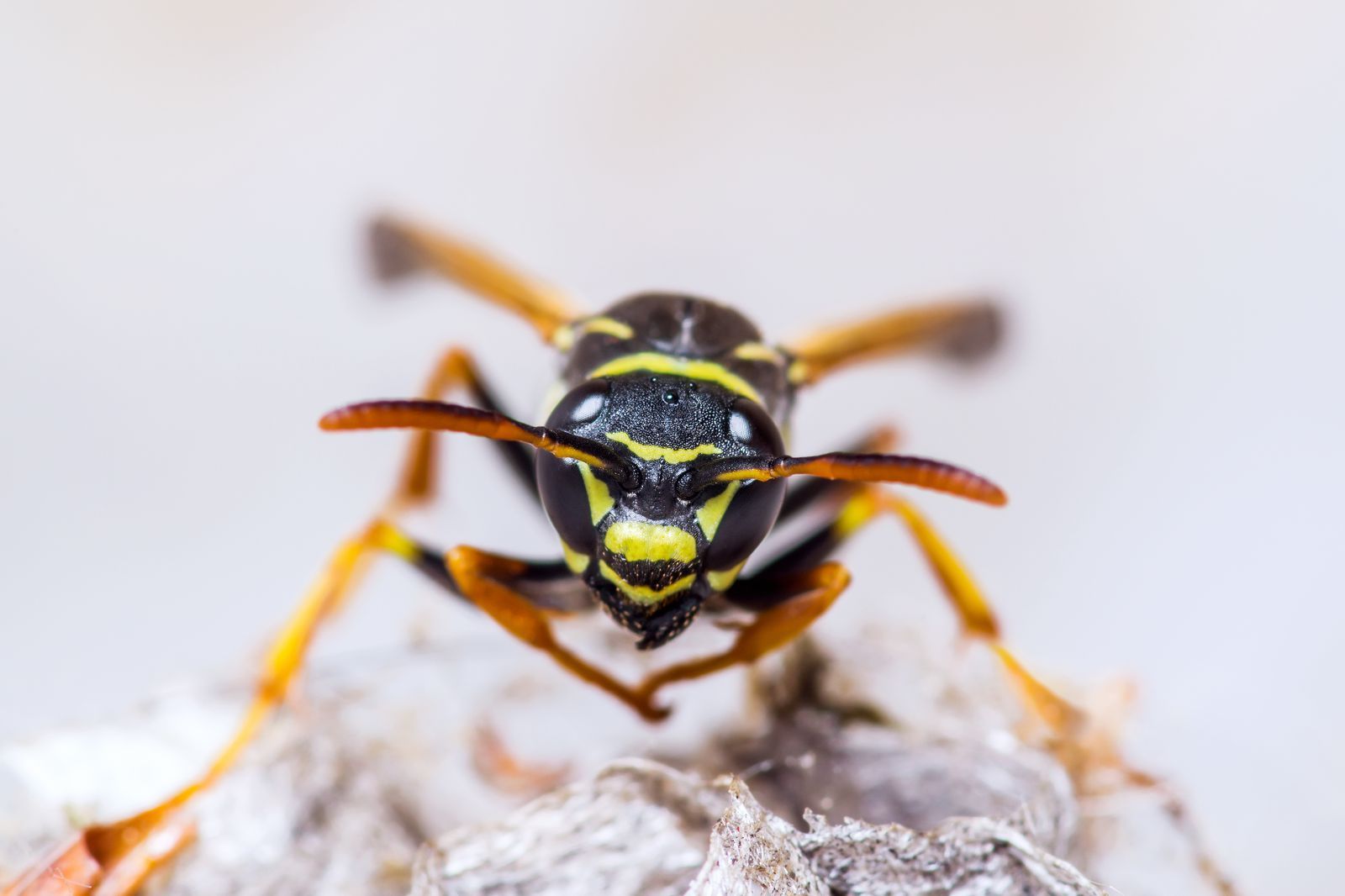
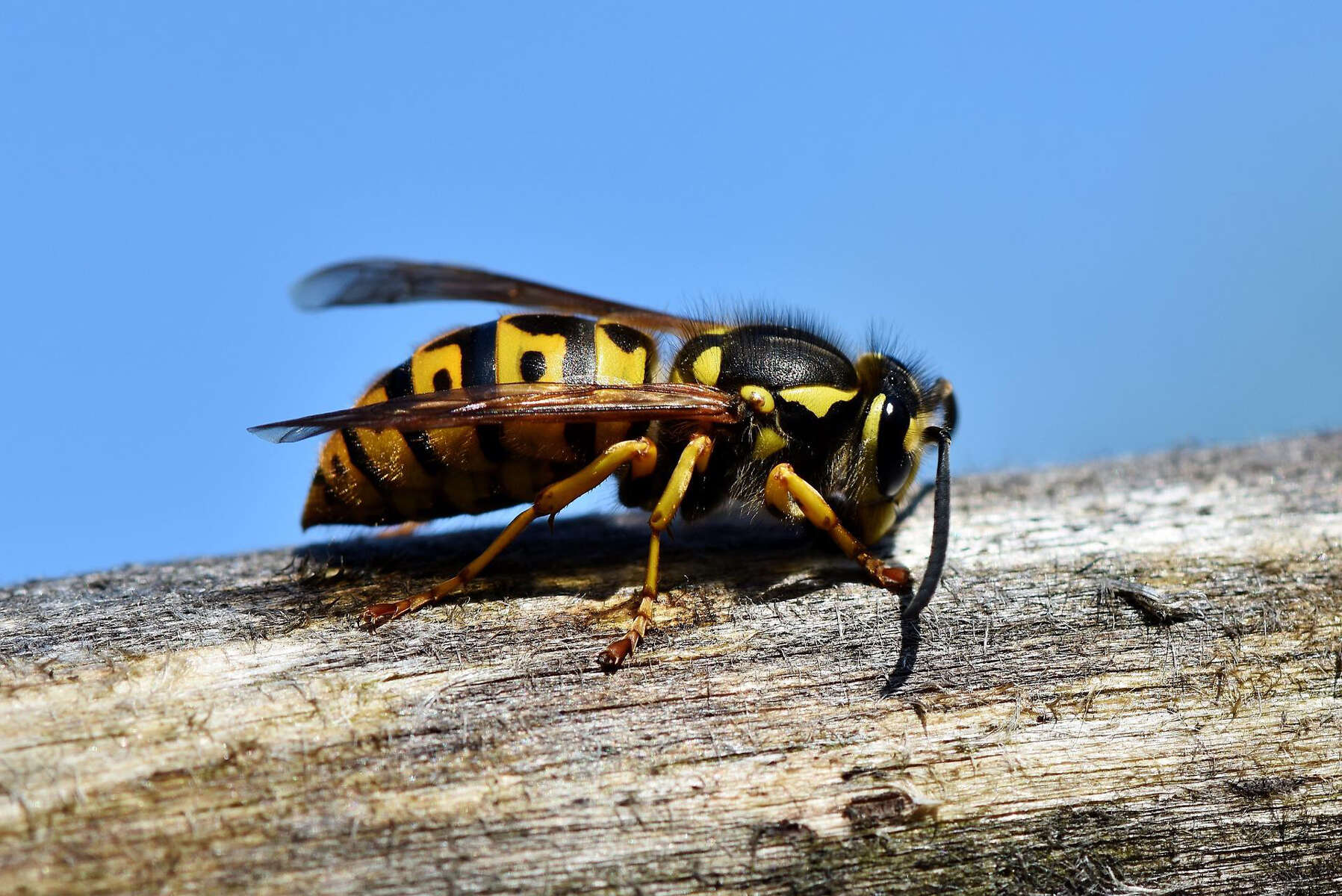
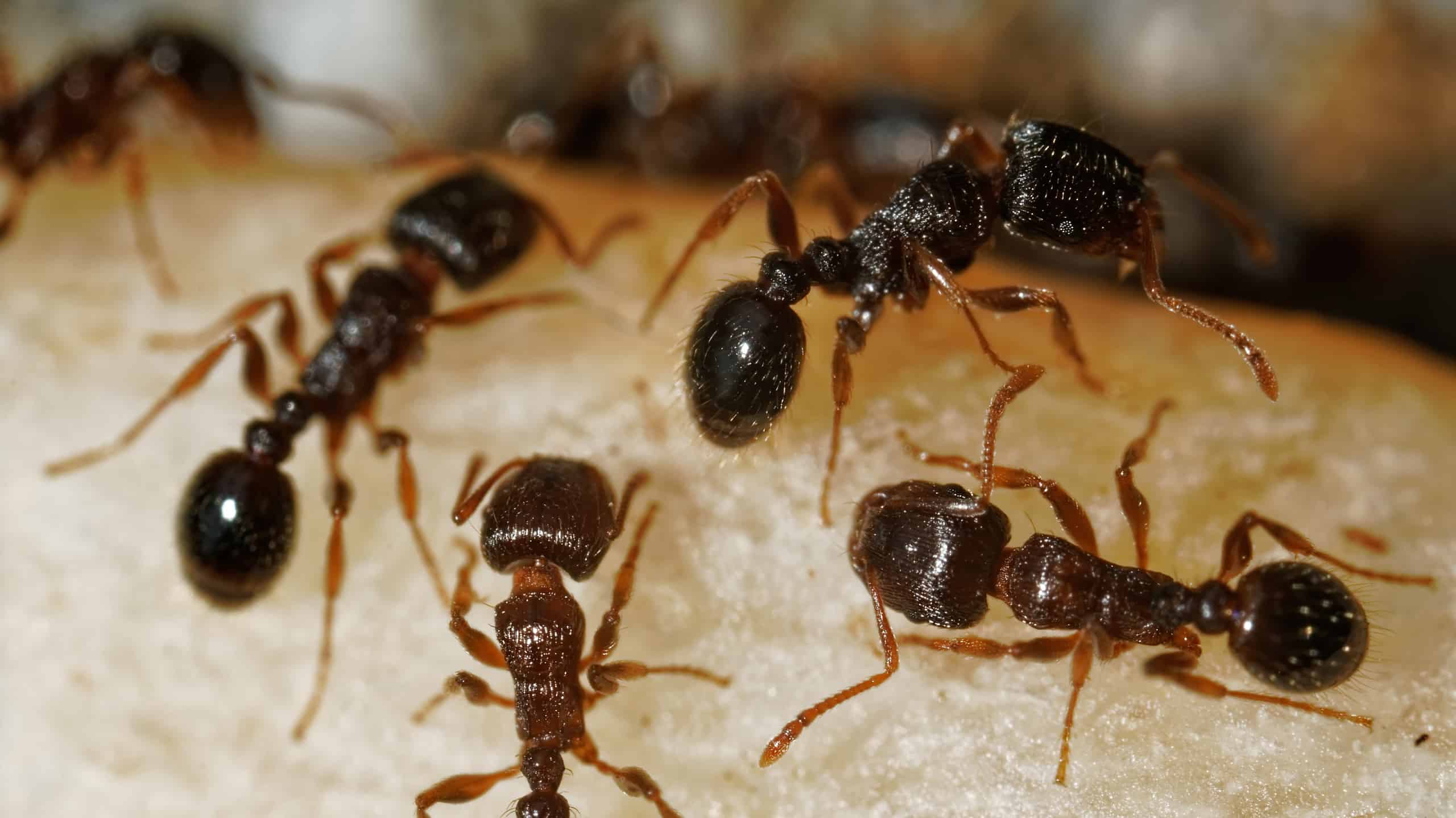
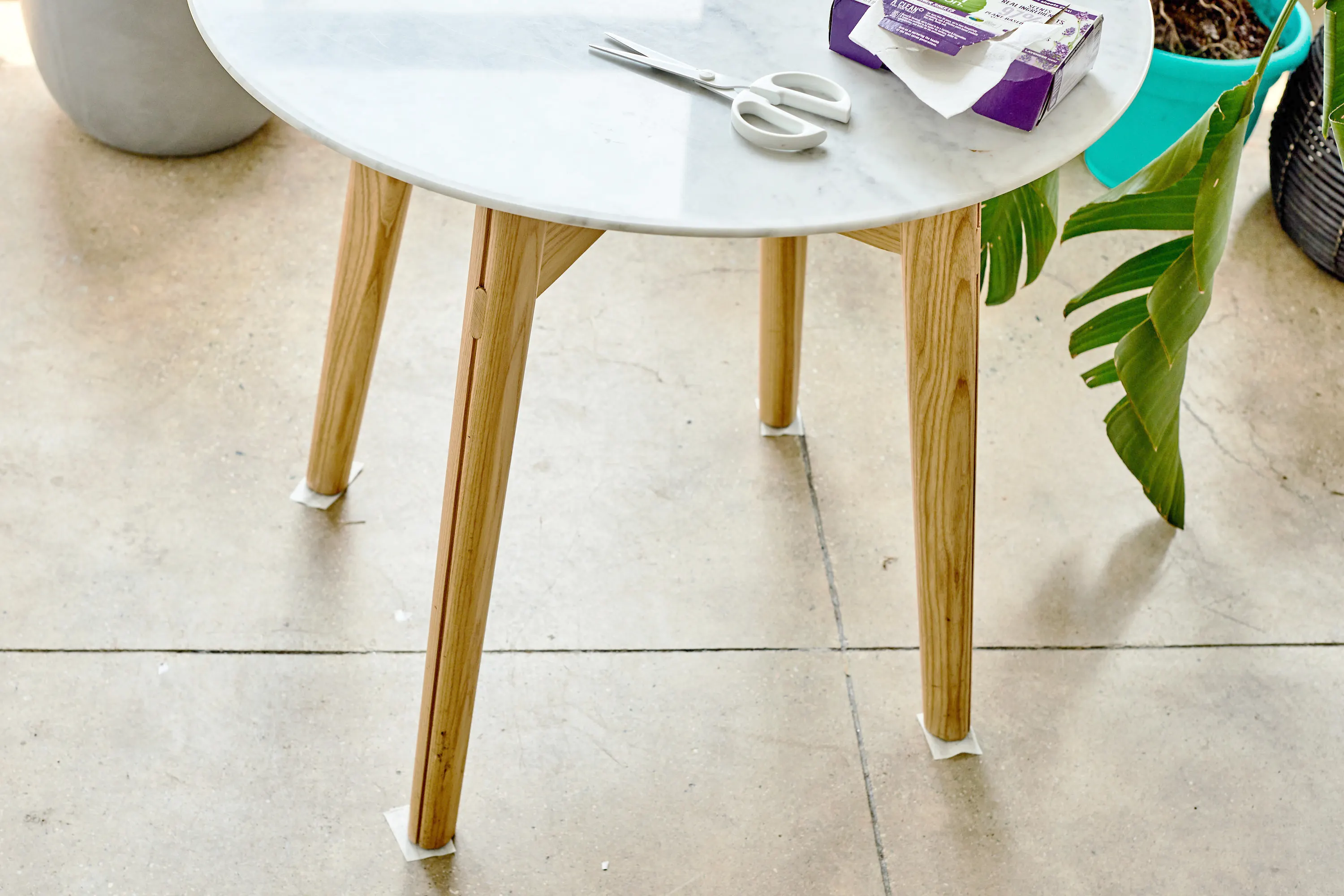
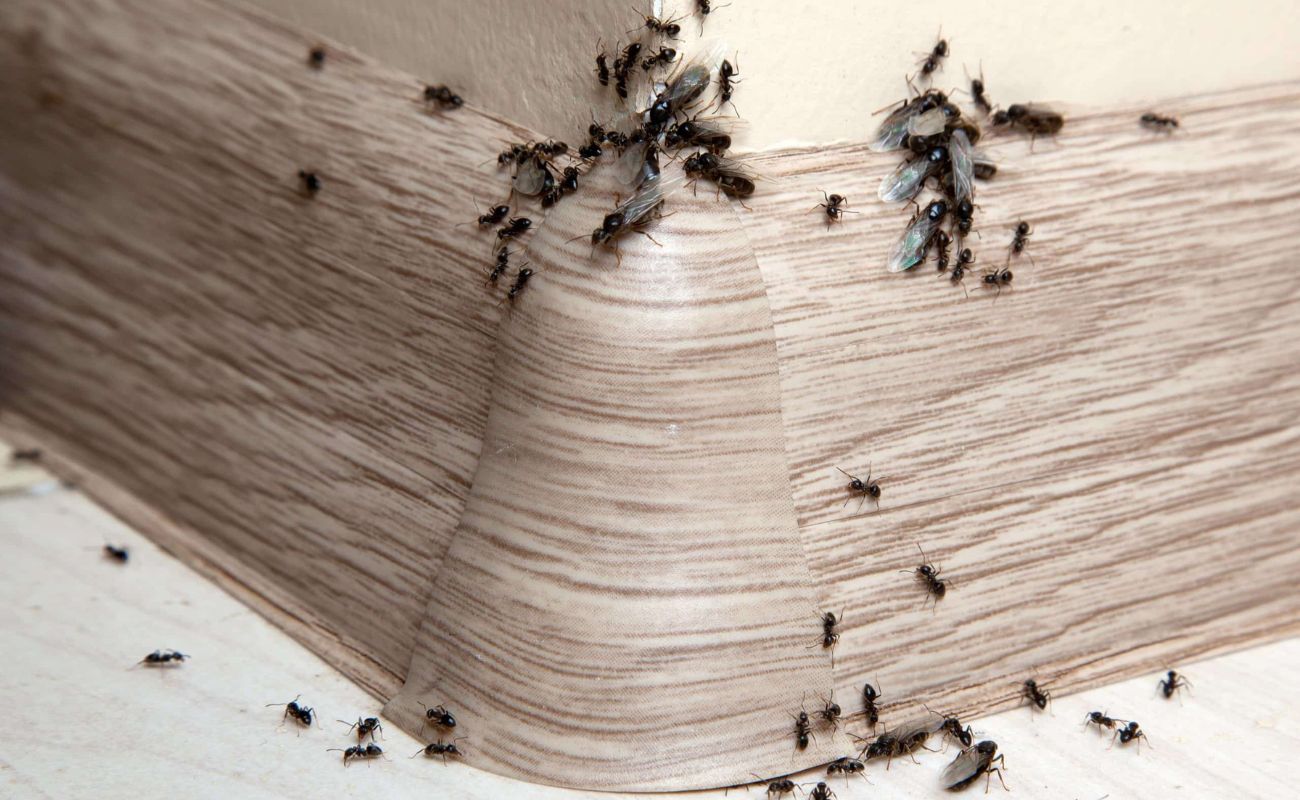
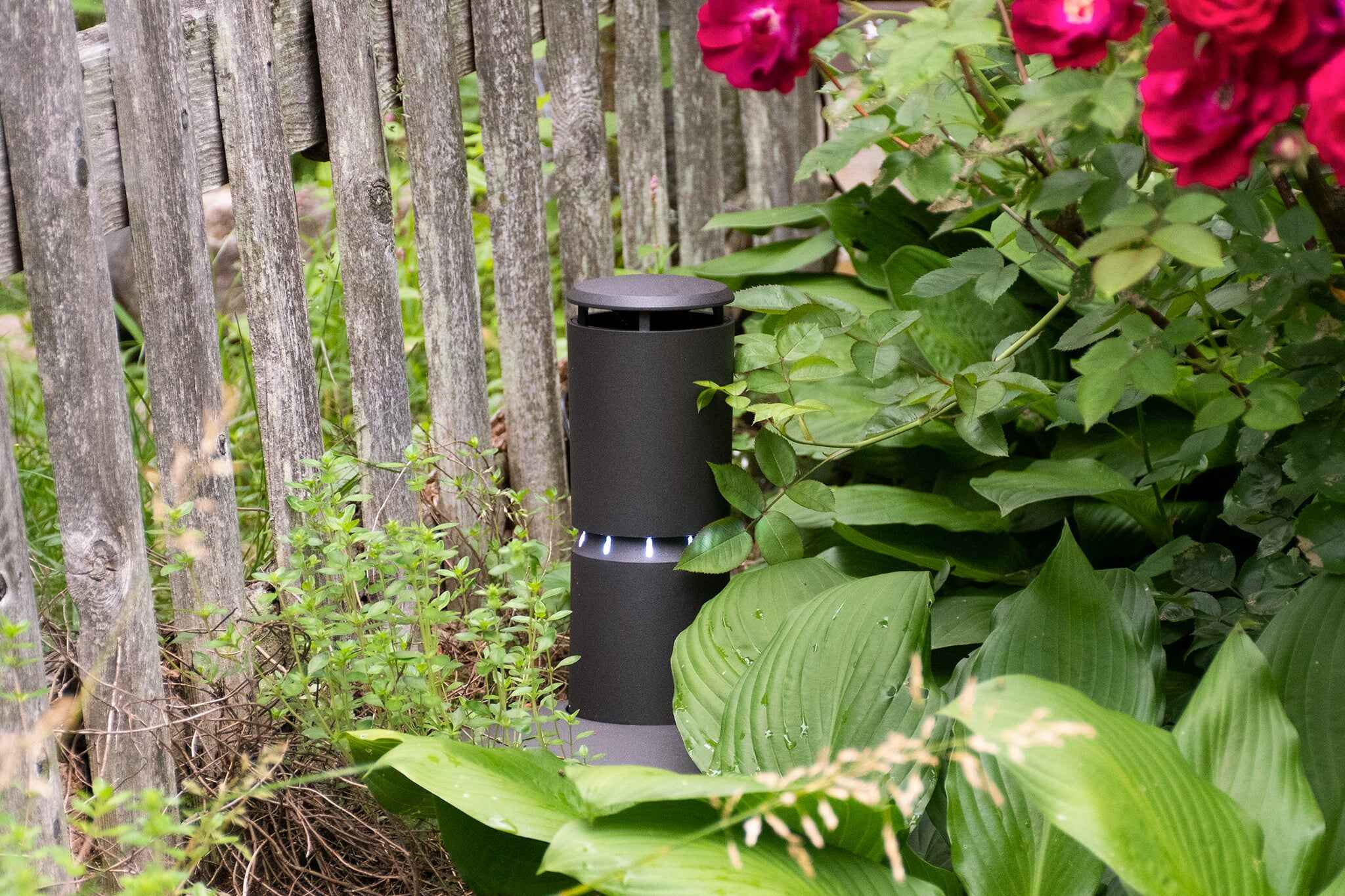
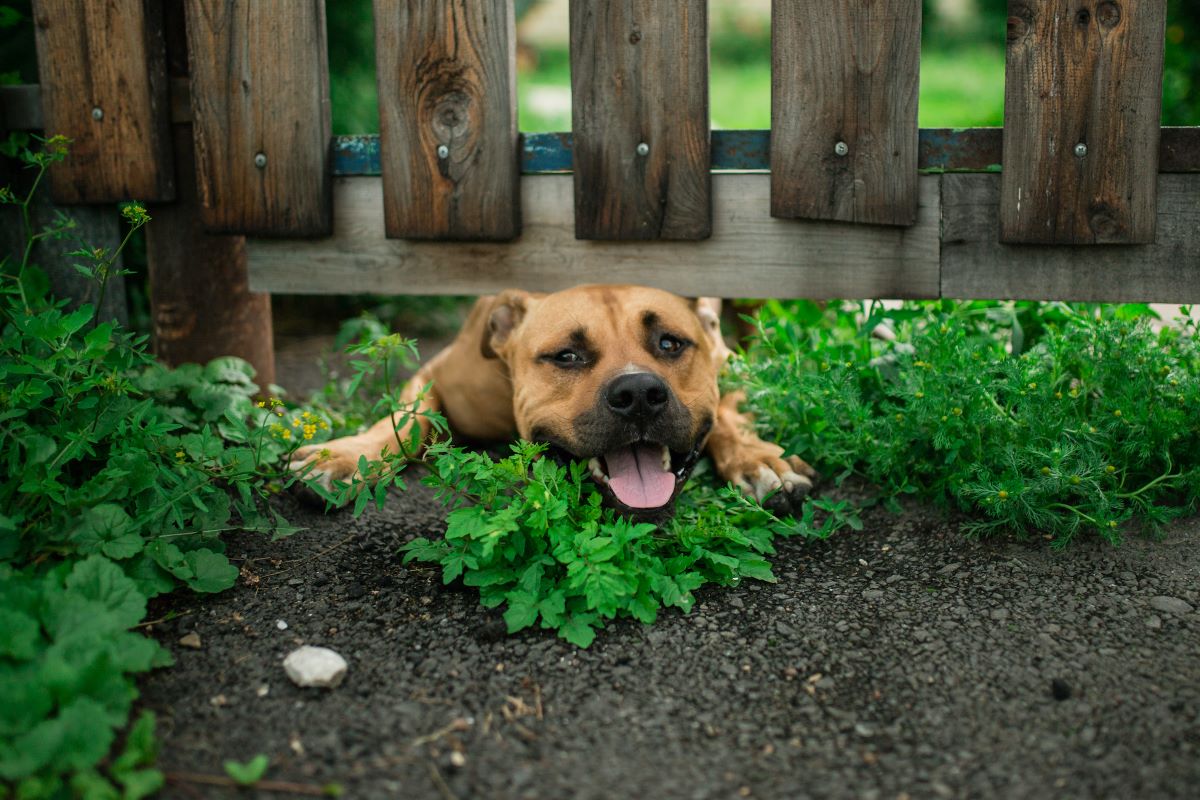

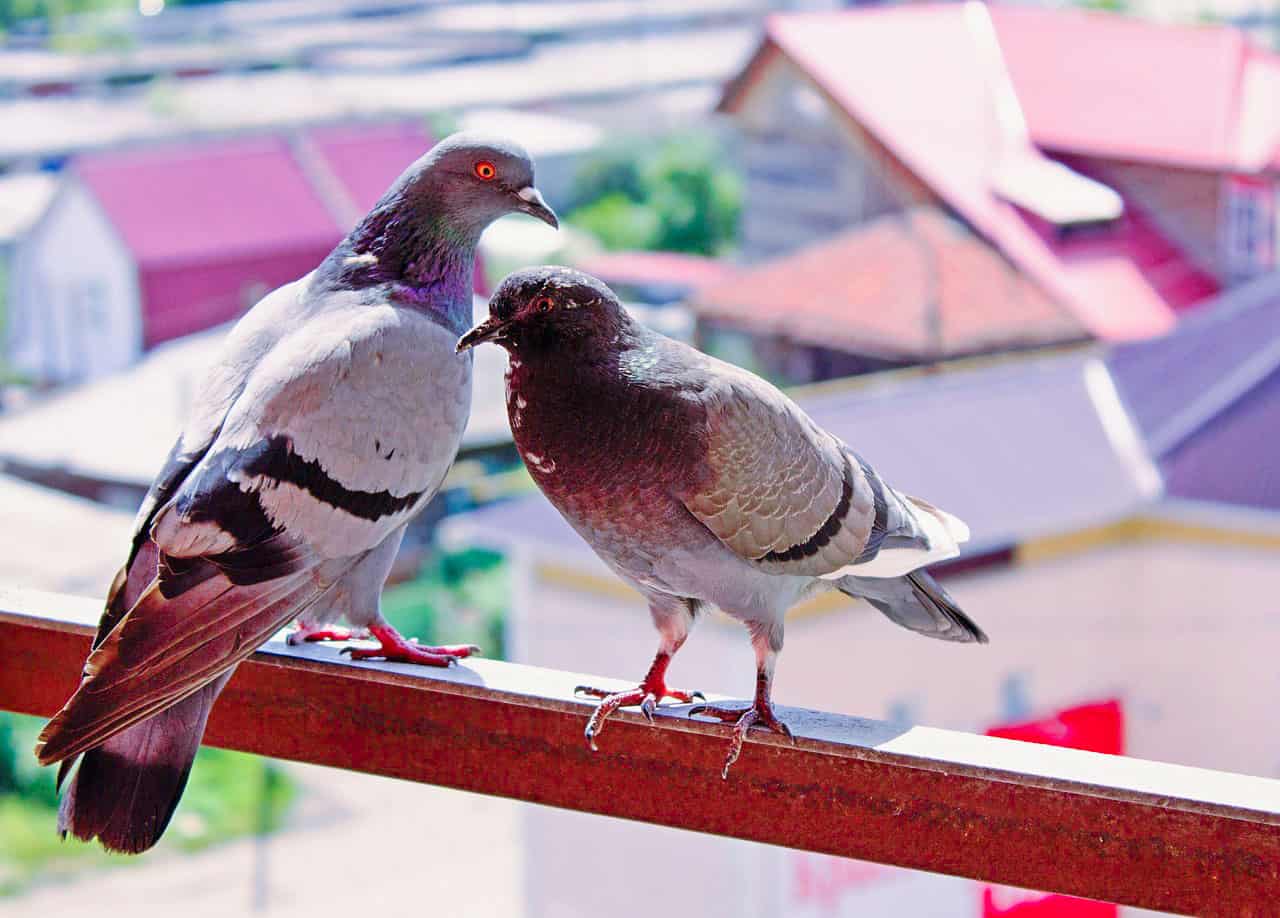
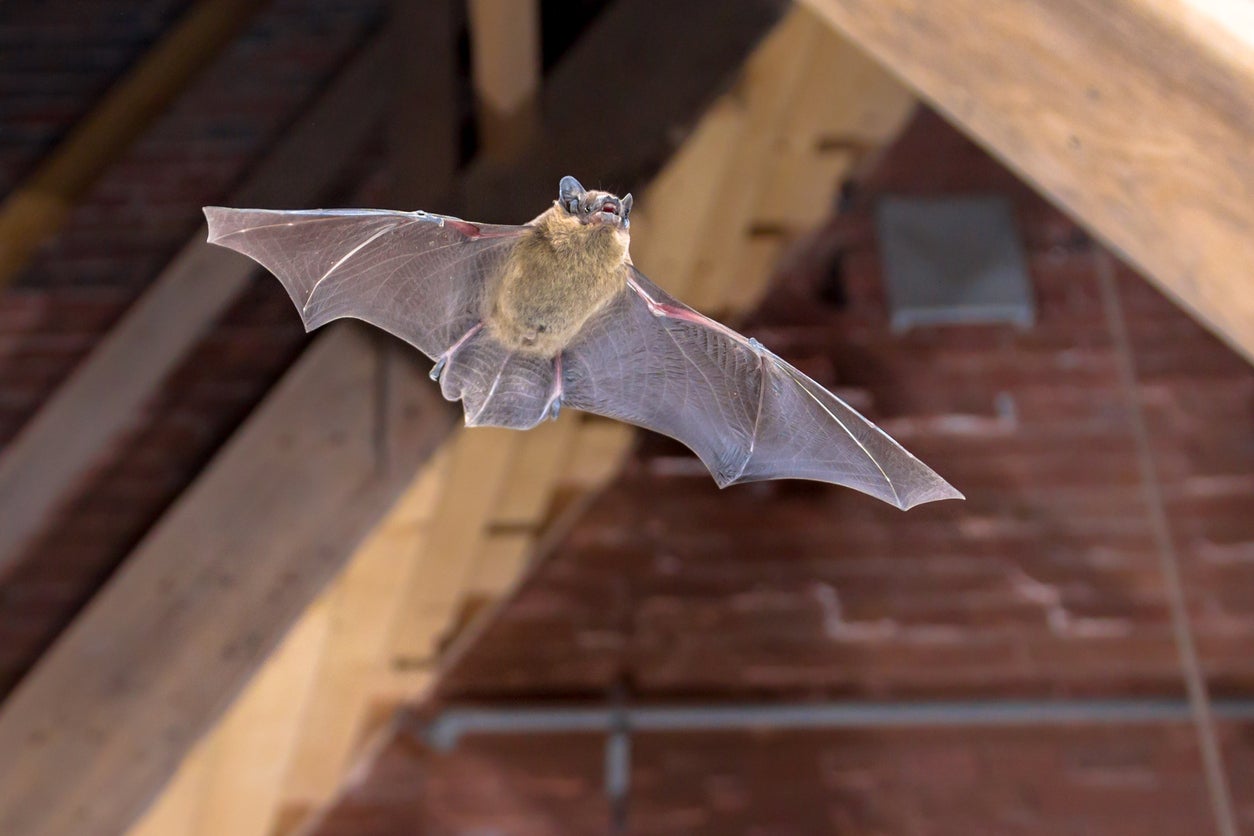
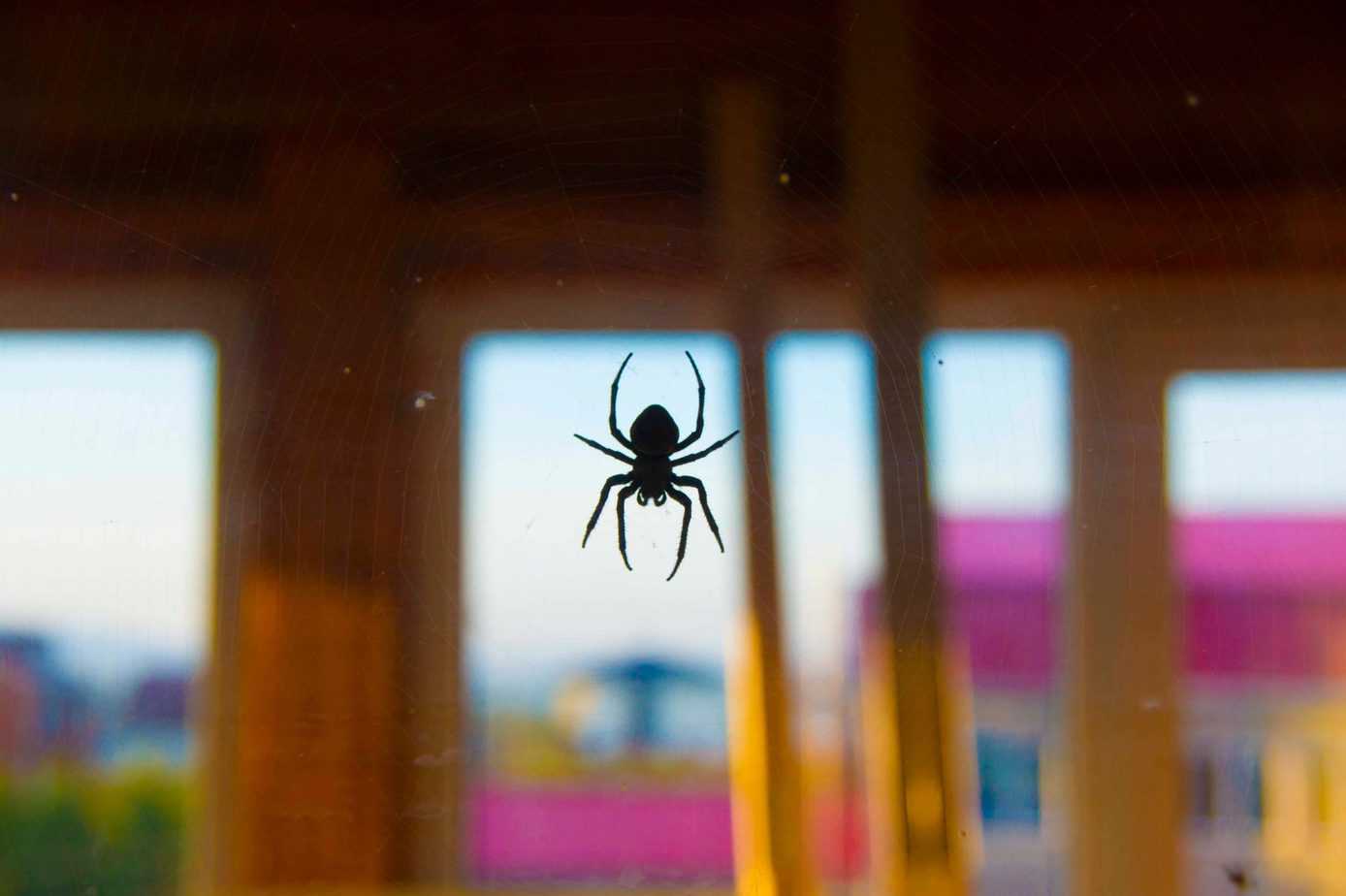
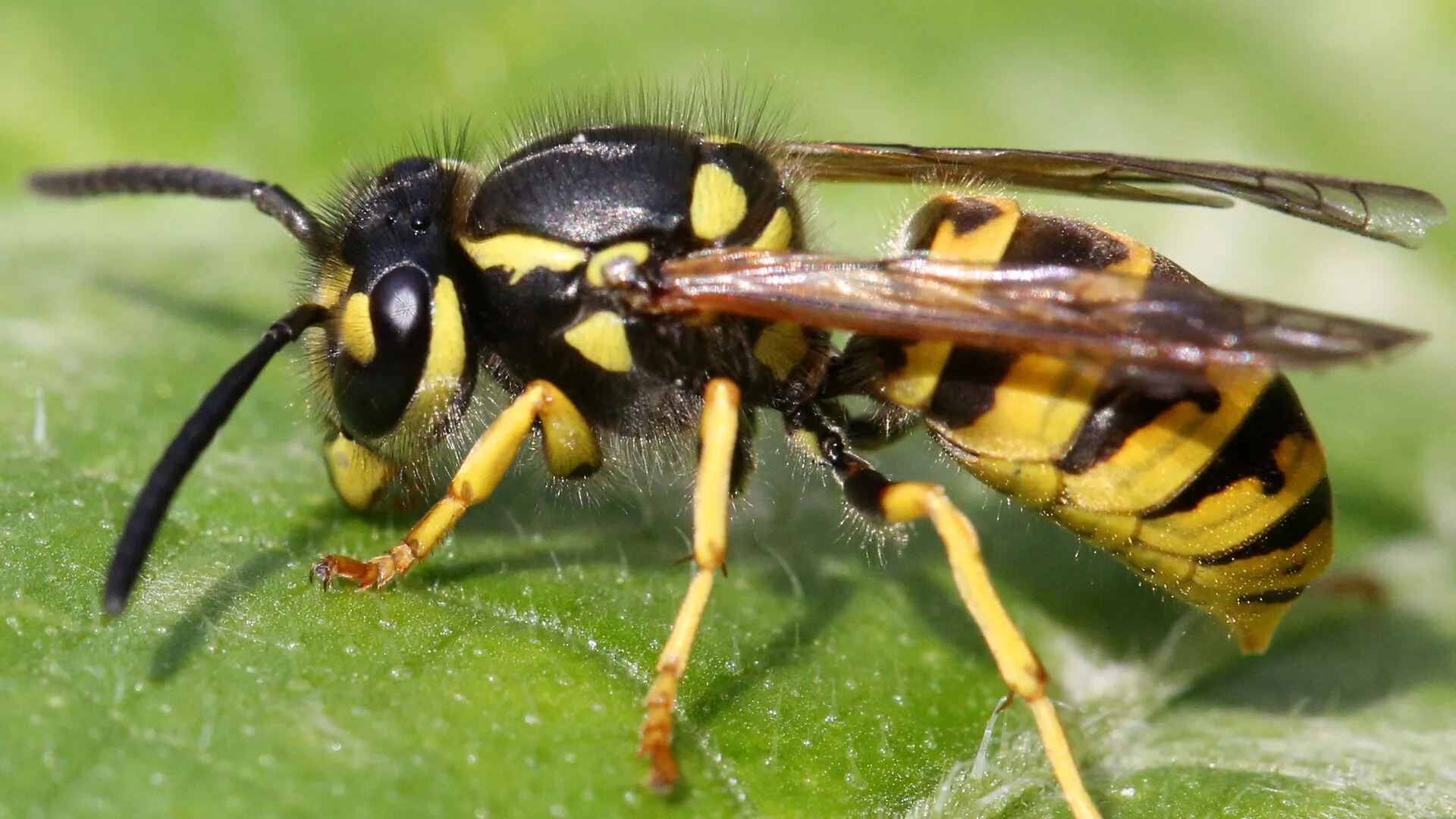

0 thoughts on “How To Keep Ants Away At A Picnic”